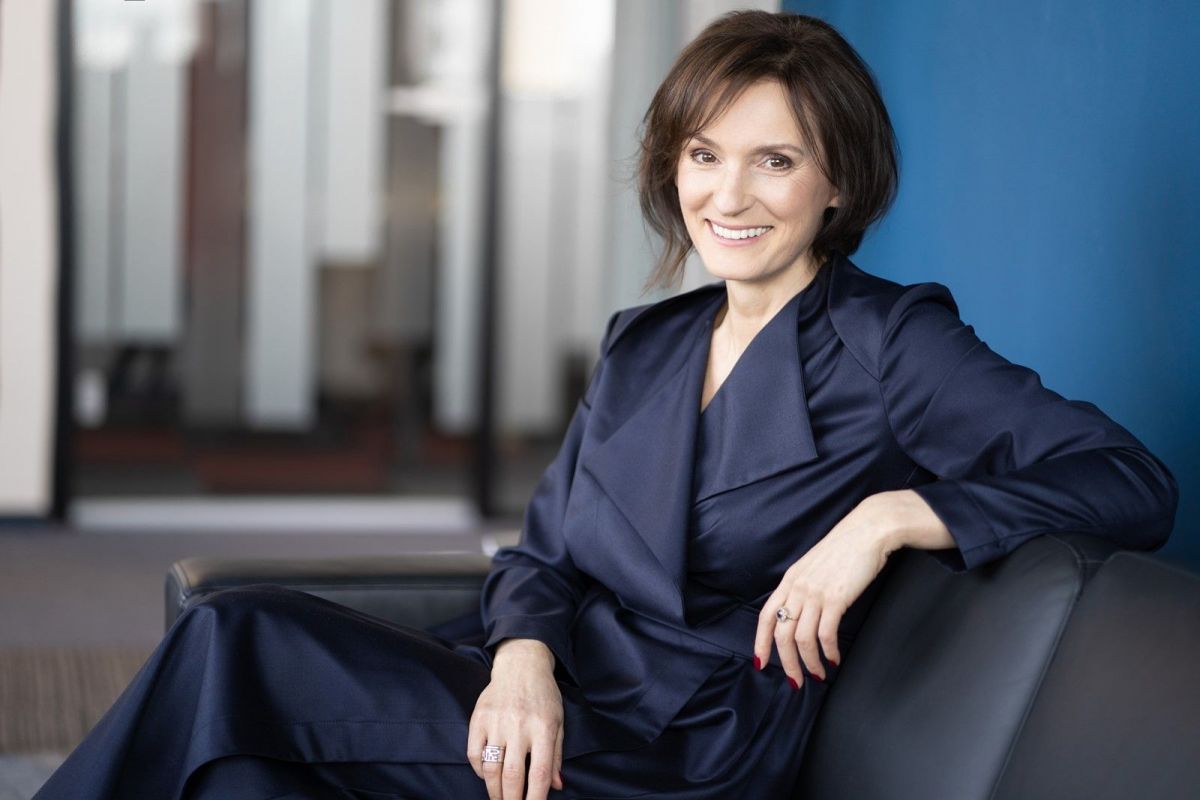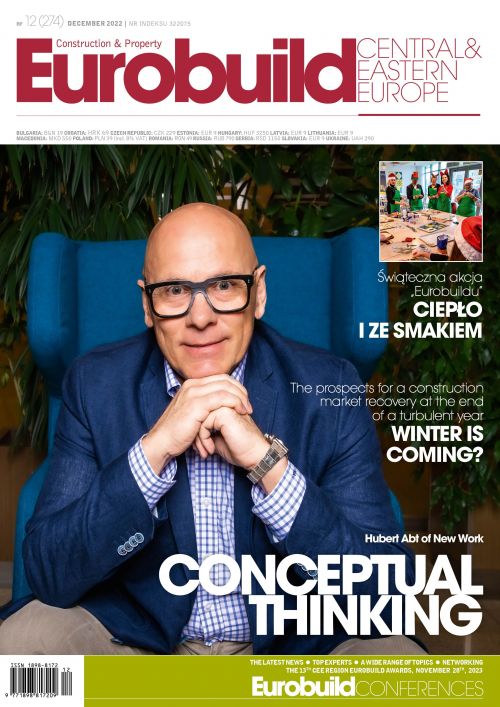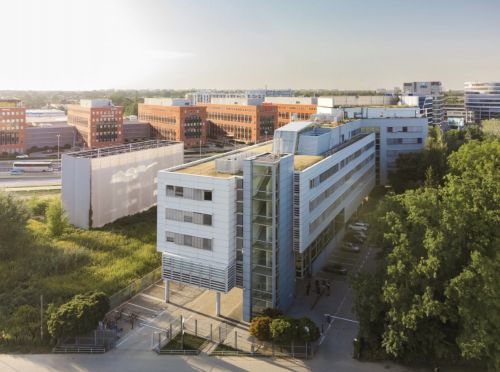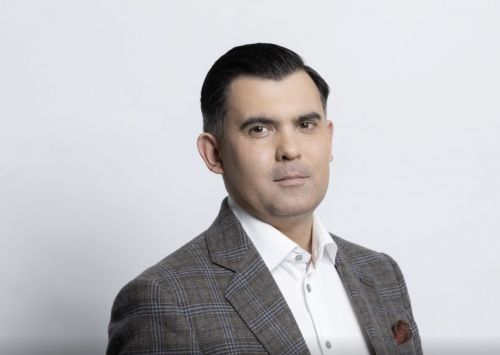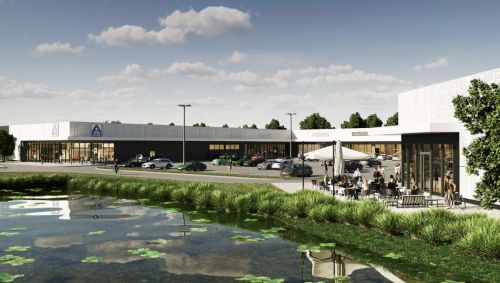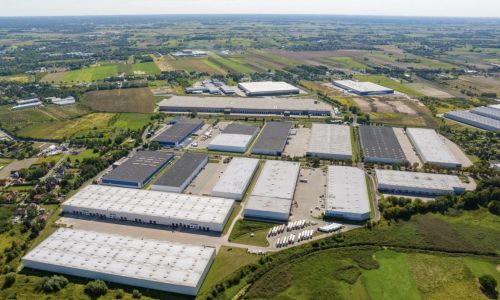CPI this year acquired a majority stake in Immofinanz. How has this changed the company’s operations and strategy?
Barbara Topolska, country manager, CPI Property Group Poland: With the acquisition of almost 77 pct of Immofinanz’s shares, CPIPG has become the asset manager of two property portfolios – CPIPG and Immofinanz. As a result of this change, we now manage 49 assets in Poland, with a total area of 760,000 sqm and a value of EUR 2.2 bln. We have strengthened our leading position on the Warsaw office real estate market, where we own 24 buildings in the most attractive central locations. Our retail portfolio now consists of 23 facilities with a combined area of over 260,000 sqm, including 17 Stop Shop and City Market retail parks. We have also gained strong and recognisable brands: Myhive in the office sector as well as the Stop Shop and Vivo! shopping centre chains. All of this fits perfectly into our group’s development strategy for Poland, the overridin
